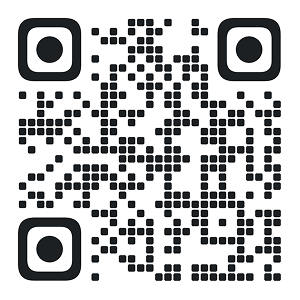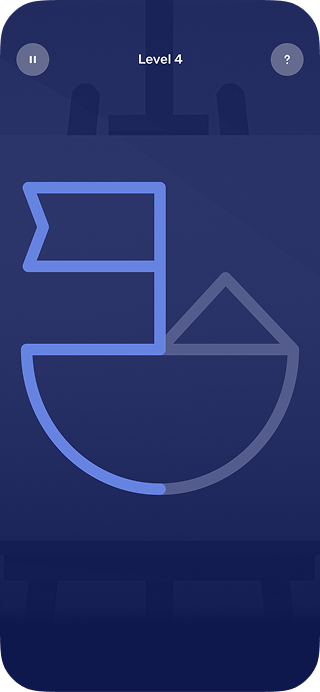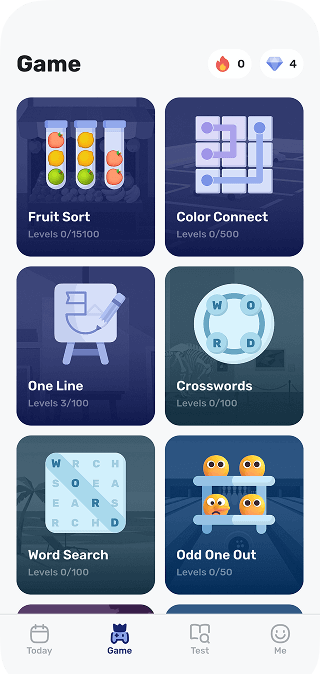What Is a Stress Interview? Interview Guide
Ron Spinabella Chief Editor / Oct 21, 2025
A stress interview is a series of questions asked in a deliberately tense atmosphere to highlight your inappropriateness or undermine your self-confidence and to observe your ability to withstand and cope with adverse situations. Why does the interviewer deliberately put pressure on the applicant? How should the applicant deal with it?

What Is Stress Interview?
Stress interview refers to a form of interview that intentionally creates tension in order to understand how job seekers will deal with work pressure. In fact, stress interview is not a separate type of interview, but is often interspersed in the interview process. The interviewer makes the applicant feel uncomfortable by asking impolite or offensive questions, or asking questions in a suspicious, sharp, or provocative tone, and then asks a series of questions on a certain issue or problem until the applicant can no longer bear it.
"Can you talk about some of your failed career experiences?"
"From your experience, you have a pessimistic personality and are not suitable for our job."
"Your clothes are dark in color, which gives people a feeling of not being positive and sunny, and your words also reveal a lack of confidence."
"How would you rate yourself in this interview?"
"What do you think are the shortcomings of our company?"
The interviewer constantly puts pressure on us by asking questions or asking questions that are not in the routine, in order to test our stress tolerance, adaptability, and interpersonal relationship management ability. To put it in the simplest terms, a stress interview is to examine the worst possible performance of the person being evaluated under stressful circumstances.
Why Do We Need Stress Interviews?
It is normal to face stress at work, but some positions often face great pressure. For this reason, interviewers will design corresponding stress interview questions for such positions to test the applicant's ability to withstand stress.

These positions can be roughly divided into three categories:
1. Management positions, managers need to face communication pressure from top to bottom and from inside to outside, anytime and anywhere.
2. Sales positions, sales need to communicate directly and deeply with customers, and customer needs change rapidly.
3. Special professional and technical positions, technicians face rapidly changing information, and constantly updated technology will cause pressure.
Applicants for these three types of positions may encounter stress interviews.
What Types of Stress Interviews Are There?
There are 7 types of routine stress tests for interviewers.
1. Interview Environment Pressure
The purpose of stress testing is achieved by arranging the scene of the interview site, such as: color, lighting, contrast between the interviewee and the interviewer's seat, interviewer lineup, interviewer's momentum, special props, etc., so that the applicant feels huge psychological pressure as soon as he comes in.
2. Interview Speech and Behavior Pressure
For example: the interviewer has a serious and cold expression, or ignores you, or looks down on you, or stares at you and asks you questions, or directly gives you a warning. In short, through simple behavioral language, you feel pressure, or when communicating with you in a gentle manner, suddenly change a behavior and language style to test your ability to cope with pressure.
3. Questioning Style Pressure
The interviewer asks questions directly at the beginning, and the tone is deliberately made like interrogating a prisoner, which makes people uncomfortable, which will cause pressure.
4. Question Content Pressure
One is to ask stimulating topics and private topics, which makes people uncomfortable and thus creates a sense of pressure.
Second, they ask dilemma questions, which will make the candidates fall into the trap no matter how they answer, and they will not answer at all, which will also cause great psychological pressure on the candidates.
5. Pressure of Questioning Rhythm
Step by step, you can't think too much, questions come one after another, and even before you finish answering one question, another question will follow.
6. Pressure of Changing the Interview Format
For example: when you are communicating face to face, it suddenly turns to a written test; or you are asked to watch a video situation drama or PPT and asked to answer questions. This way of changing the thinking space will also cause pressure on the candidates.
7. Pressure of Creating a Deadlock
When the candidate has answered the question, the interviewer suddenly stops asking and deliberately stares at you, making your eyes meet, making the interview deadlock, to observe the candidate's reaction.
Example Questions for a Stress Interview
- Tell me about a time you failed.
- What exactly was YOUR fault?
- Give me the answer in 30 seconds.
- Why does your GPA drop from 3.8 to 3.6 in junior year?
- Your recommendation makes no sense to me.
- Now the budget is cut by 50%, what's your new plan?
- How would you convince me that 2+2=5?
- Sell me this pen right now.
- What's your biggest weakness?
How to Face a Stress Interview?
After many people have experienced a stress interview, they may reflect, "Why was I so stupid at that time? I could have expressed myself well." In fact, we are naturally nervous about the interview, and the interviewer uses a stress test. Once the mind starts to go blank, many people will not be able to react in time.

1. Identify the Stress Interview
The first thing is to be able to identify whether the interviewer is conducting a stress test, so that you can prescribe the right medicine. When you encounter an interviewer asking some "unfriendly" questions, don't be impatient and run away, analyze whether you have entered a stress interview.
2. Take a Deep Breath
If you feel that you can't calm down your nervousness, you might as well take a few deep breaths, find the best state, and use agile thinking and good control to resolve the interviewer's stress questioning.
3. Think Calmly
Usually, a stress interview is to examine the applicant's endurance, ability to work independently, ability to deal with difficult problems, ability to deal with emergencies, professional attitude and professional style, etc. So don't be scared by sudden "challenges" and "questions". Use enough patience and confidence to answer every question sincerely and seriously.
4. Explain Patiently
Candidates can regard the interviewer as a difficult customer. While insisting on their own opinions, they can calmly explain his unreasonable criticisms. They should be patient and restrained, and try their best to show the calmness and composure that a professional person should have, instead of being excited and arguing.
5. Ask Counter-Questions
In addition to explanations, candidates can also ask counter-questions. For example, "What do you think needs to be improved in my resume?" or "You are disappointed with my interview performance. What should an excellent interview performance be like?" and so on.
How to Prepare for a Stress Interview
Industry Research
The company's official website usually contains a lot of information about itself and the industry it is in, or you can use search engines and professional news websites to find news, analysis and reports. What are the current core technologies of the industry?
Company Research
Understand the basic information of the company, including the company's development history, company geographic coordinates, company size and the company's latest news. Analyze
Products and technologies, what are the company's products or services, what core competitiveness it has compared with competitors, what position it is in the industry, market performance, major projects, etc. Research corporate culture, corporate work style, values, industry reputation, and also work hours, work intensity, work location, etc.
Job Research
Understand the responsibilities and skill requirements of the position, and the knowledge, tools, skills and methods that may be used. What are the possibilities for the career development direction of the job you are applying for, is it single or has multiple expansion. Clearly understand the salary range, composition and other benefits of the position, such as health insurance, annual leave, training programs, etc.
Interview Etiquette
Choose appropriate clothing according to the company's culture and job requirements. If you don't know the cultural characteristics of the company you are applying for, wearing professional formal clothing is definitely the safest choice. After meeting the interviewer, you can greet the other party with a nod or a handshake. After sitting down, hold your stomach and chest high, and make eye contact with the interviewer during communication. Pay attention to listening to the questions during the Q&A session. If you are not clear, you can confirm with the other party in time, and avoid answering questions that are not asked.
The most important thing is to be punctual. If you encounter emergencies, you should call in advance to communicate if you are late.
Positive Attitude
Whether you encounter deliberate difficulties or questions that are difficult to answer during the interview, you can maintain a smile and positive body language, be polite and restrained, do not deliberately flatter, and do not belittle yourself. For every interview, take a learning and growth mentality, attach importance to the experience during the process and the summary after the interview.
Final Thoughts
Eleanor Roosevelt said in "You Learn by Living" "You must do the thing you think you cannot do." Since the interview format is beyond our ability to predict and change, why not try to do every step well? If you back down because of a little pressure and give up an opportunity, wouldn't it be more trouble than gain? So don't be afraid of stress interviews, come on!
Disclaimer
Any assessments and their associated content on this website, regardless of date, are not intended to replace direct medical advice from your physician or other professional. If you experience severe or persistent symptoms, please consult a licensed mental health professional or healthcare provider.












